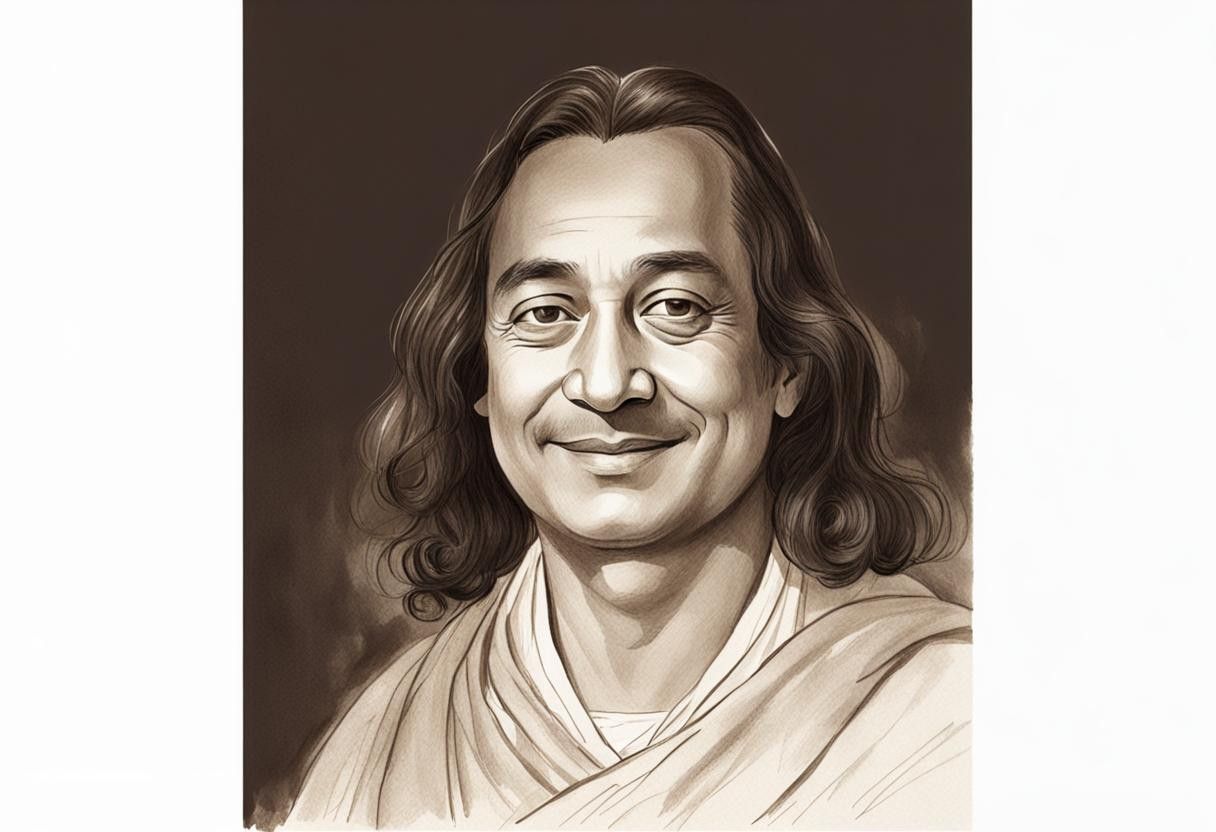Listen to Story of Sant Kabir by clicking below
28th June 2018 marks 500 years since Sant Kabir took Samadhi, that is, he left the mortal world. To mark this occasion we are releasing this special episode on Baalgatha Podcast.
Kabir was a poet and saint who lived in Northern India in the 15th century. His writings have influenced Hinduism’s Bhakti movement and his verses are found in Guru Granth Sahib, the holy book of the Sikhs. His early life was in a Muslim family, but he was strongly influenced by his teacher Ramananda. it is not known when Kabir was born or died. Some historians favor 1398–1448 as the period Kabir’s life, while others favor 1440–1518.
Kabir also known as Kabir Das and Kabira, was born and brought up in a Muslim weavers family by Niru and Nima.
[gaatha_contactaccordion class=””]
[gaatha_contactspoiler title=”Read more” open=”no” style=”default” icon=”plus” anchor=”” class=””]
Kabir was a poet and a musician and was one of the important saints of Hinduism. He is considered a Sufi saint by the Muslims.
Some legends assert that Kabir never married and led a celibate’s life, but is is widely agreed that Kabir was likely married. His wife probably was named Dhania, they had at least one son named Kamal and a daughter named Kamali. Kabir’s family is believed to have lived in the locality of Kabir Chaura in Varanasi.
He was never formally educated and was almost completely illiterate. According to legend, the only word that he ever learned how to write was “Ram”. It is for this reason that Kabir is held in high esteem all over the world.
Kabir’s poetry holds signifance because he picked up situations that surround daily lives. Thus, even today, Kabir’s poetry is relevant and helpful in both social and spiritual context.
All of Kabir’s recorded verses are in Hindi, borrowing from various dialects including Avadhi, Braj. His lyrics are characterised by a free use of the vernacular. It is this quality which has made his philosophy accessible to generations of Indians.
Many of the verses were narrated by him, and written down by his followers and disciples. Known as Sant Kabir ke Dohe, the verses are full of meaning and teachings. He believed that God is one and people just worship him with different names.
Literary works with compositions attributed to Kabir include Kabir Bijak, Kabir Parachai, Sakhi Granth, Adi Granth (Sikh), and Kabir Granthawali .
Two of his disciples, Bhāgodās and Dharmadās, compiled a lot of his works and songs of Kabir were collected by Kshitimohan Sen from mendicants across India. Rabindranath Tagore translated and compiled One Hundred Poems of Kabir, which were published in 1915. This work is now considered a classic, which has been reprinted and widely circulated particularly in the West.
[/gaatha_contactspoiler]
[/gaatha_contactaccordion]
This profile of Sant Kabir was compiled from Wikipedia and other public domain sources by Gaatha Story. Narration by Sheerali Biju for Baalgatha Podcast.

This work is licensed under a Creative Commons Attribution-NonCommercial-ShareAlike 4.0 International License. If you use this audio edition of Sant Kabir’s Profile, please attribute it to Baalgatha Podcast.
